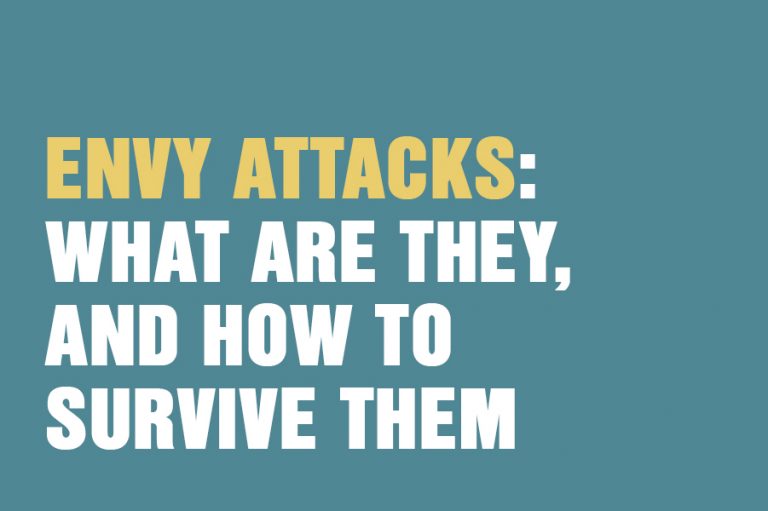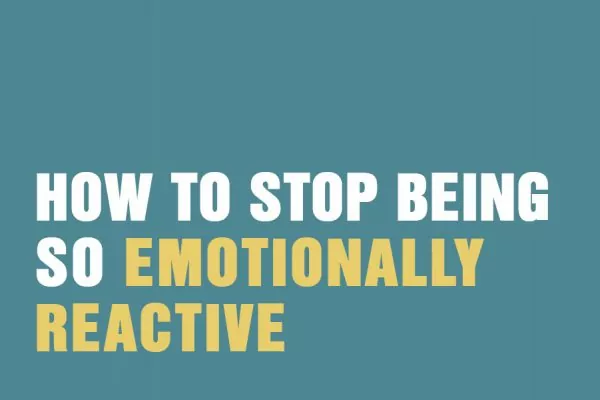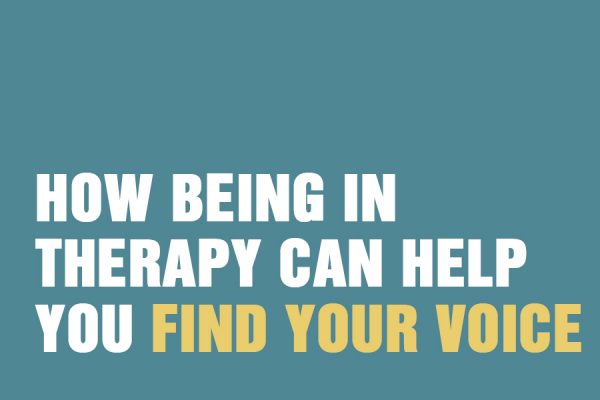Envy is the art of counting other people’s blessings instead of your own. Harold Coffin
Envy is an emotion that is largely unconscious in most people, but it can come from being focused on other people’s successes and wanting to bring them down because of it. If you’re a receiver of an envy attack, you’ll pretty much feel really bad about yourself, but without knowing why. It can be so subtle that you may end up questioning whether you have just imagined it.
Envy is a word that is often used interchangeably with jealousy, but there are distinct differences between the two emotions.
Jealousy generally involves three people. You may be in relationship with someone, and you fear that someone else might steal your special person away. You can feel jealousy when you see them whispering to one another, or having special conversations that don’t involve you. Jealousy is fairly active and conscious, and it can be a result of feeling insecure.
Envy, on the other hand, tends to be shadowy and unconscious. It can act passive-aggressively and be hell bent on destroying what it can’t have. Envy generally involves two people. The envious person may deeply want what the other person has, and feels frustrated at not being able to have it. The envious person can then act on that frustration and may then subtly (or sometimes obviously) attack the other person.
Envy is often rooted in low self-esteem – sometimes from very early unmet childhood needs where the person feels inherently not good enough. An envious person may frequently ‘compare and despair’ and find themselves wanting. And so they seek to bring down the object or person who they perceive is making them feel that way. It’s almost as though the other person is responsible for the envious person’s happiness – because their self-image is dependent on things outside of themselves. They feel deficient in themselves and have a constant hunger to fill that deficiency.
By denigrating the thing that makes them feel ‘less than’, the envious person can make the other feel bad, so they can ultimately begin to feel ‘more than’. It’s a shaky way of building self-esteem, but it’s as though the envious person needs to absorb some of the other’s energy in order to feel whole and functioning. Except the ‘feel good’ effect never lasts, and they may need to up the ante to continue to feel better about themselves. Envious people can be competitive. More than that, they can seem to take pleasure in another’s misfortune. We see this kind of envious attack carried out on social media daily, where celebrities’ looks and behaviours are criticised – and the tiniest slip is magnified and vilified.
An envy attack can involve:
- Putting you down – either overtly, or subtly.
- Provoking a reaction in you, from anger to sadness to outrage – then standing back and watching sparks fly.
- Undermining your opinion or stance so you begin to doubt yourself.
- Showing off about their own achievements, or the accomplishments of their children or other family members, even when rather modest.
- Using sarcasm – disguised as ‘humour’– to poke fun at your achievements and mock what you believe in. This can feel humiliating.
- Copying you – or pre-empting you beyond the limit of simple flattery. You invest in a new kitchen, they’ll get an extension and conservatory. You buy a new car, they’ll buy a bigger and better one.
- Passively waiting until you slip up, and they’ll be gleefully ready to say” “I told you so”.
- Generally just making you feel bad about yourself.
How to survive an envy attack:
- If you start to feel small, this is what the envious person wants. Try to catch that feeling of diminishing yourself and stop yourself from doing it.
- Don’t let their insults stick. Smile and nod and show that their words aren’t getting to you.
- Don’t make apologies for who you are and what you do. You don’t have to hide your good fortunes just because you fear someone will swoop down and punish you for them.
- Don’t retaliate by criticising them too.
- Remind the envious person of their own strengths and successes. Encourage them to count their own blessings.
- Create ways to protect your energies from being sucked out of you. Think about visualising yourself in a protective bubble, so any envy attack coming your way can bounce off you.
- Ultimately, choose to hang out with people who make you feel good about yourself, rather than those who deplete you.
If you’ve been experiencing envy attacks, or if envy is affecting your life in debilitating ways, then you may benefit from being in therapy to work out what’s happening and how you can work your way through it. We offer therapy sessions seven days a week from our centres in Clapham and Tooting. You can make an initial appointment by emailing [email protected] or calling 020 8673 4545.








1 Comment. Leave new
Among those that know, and it has been known for sometime, 1 in 4 female minors and 1 in 6 male minors are sexually abused (Childhood Sexual Abuse). Fortunately the dots between CSA and a myriad of mental disorders are now being joined e.g. addiction, depression, i.e. the connection is being recognised, and yet not as clearly and as overtly as it should be. Why not? Is it because CSA brings us all shame and we turn away from it, and therefore the cause of many mental health issues is brushed over and ignored? Why are we not addressing this issue which is prevalent in all societies, which causes so many individuals so much deep trauma and distress and costs society so much?